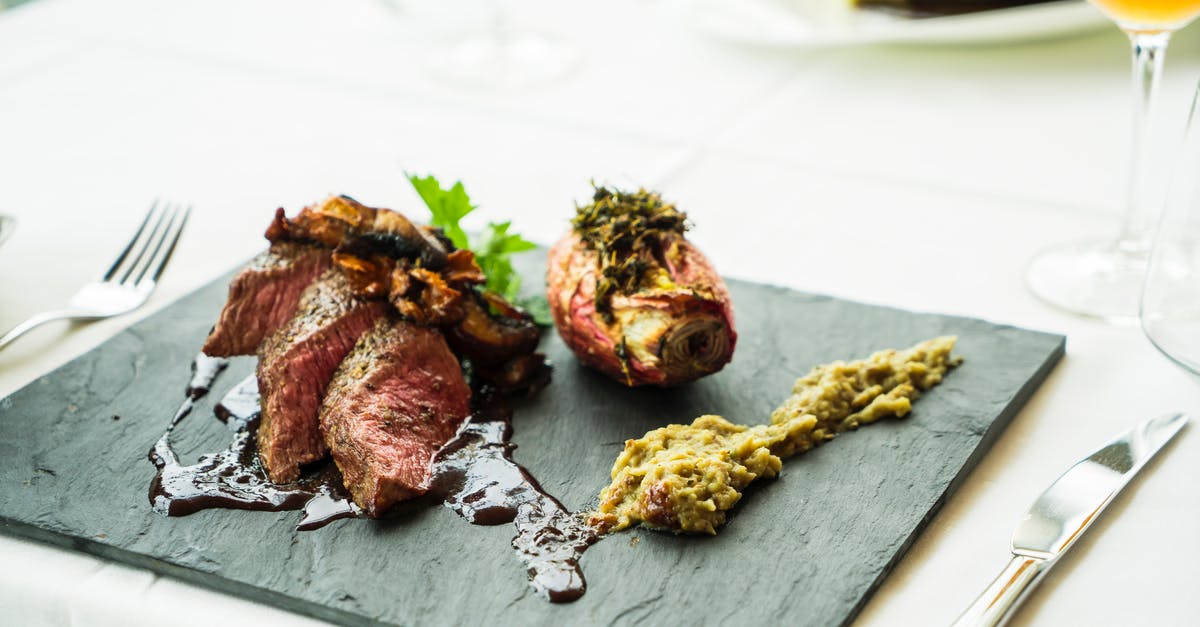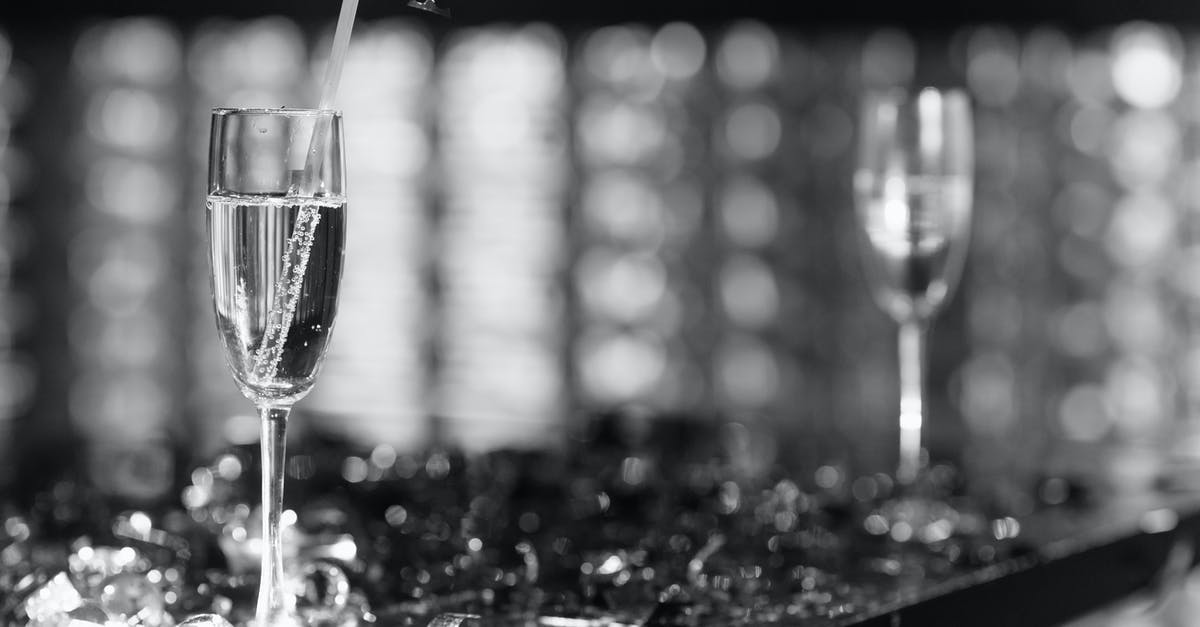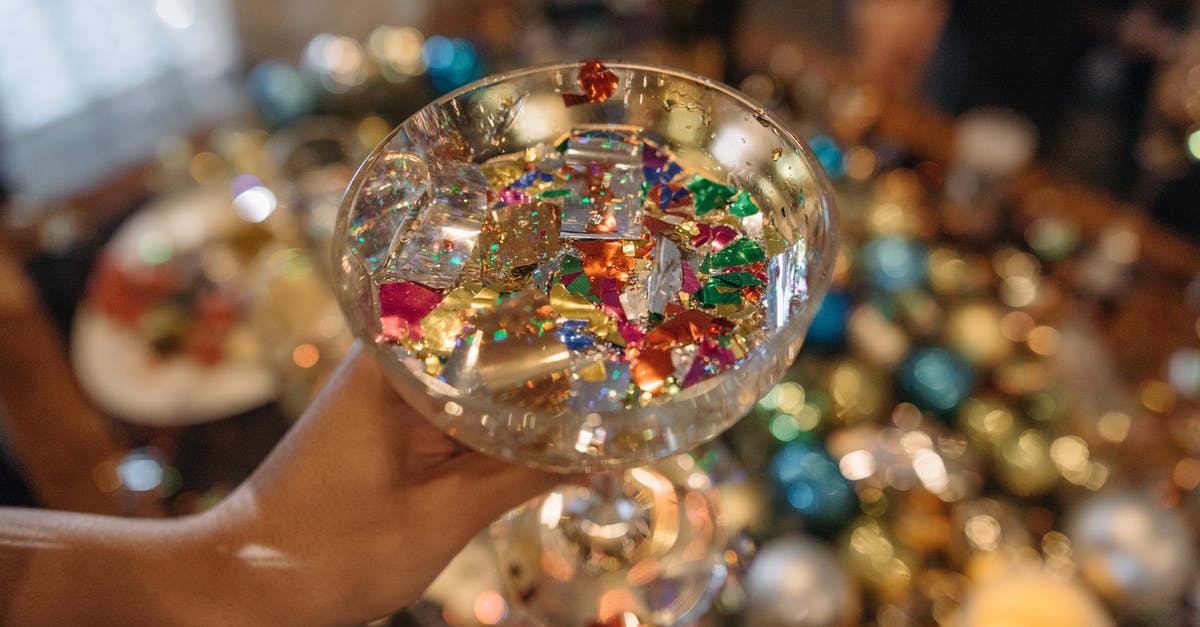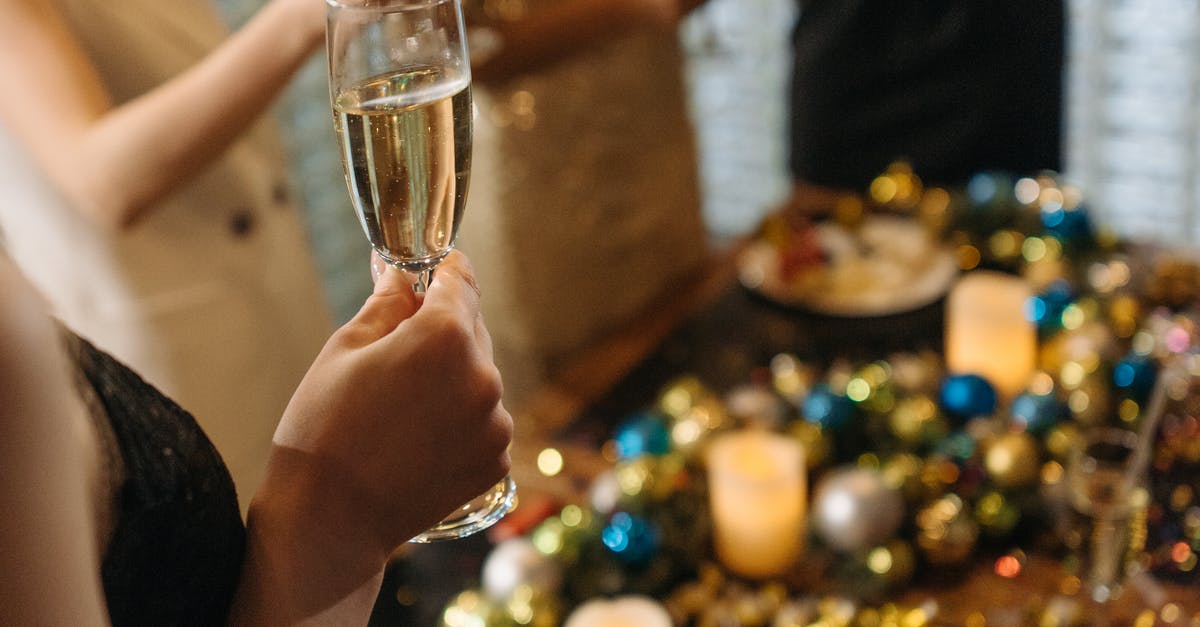Beef Bourguignon Wine Question

I'm hoping you can help me with an issue I have. I had a co-worker whose spouse made a very large pot of Beef Bourguingnon. It was delicious. I found out she had used Ina Garten's recipe. You can find it here Ina Garten: Beef Bourguignon.
I made it to the recipe, with the exception that I couldn't find pearl onions, so I used regular. My co-worker's batch was excellent and there was just a hint of wine. Mine tasted extremely boozy. I think I even let it cook a little longer than the recipe called for, hoping the alcohol would cook out, but it didn't. It was very strong.
I'm not a wine guy. I don't drink it and don't know anything about it. The co-worker didn't know which wine his wife bought. I probably grabbed something red colored, possibly a cabernet sauvignon, because I know a guy that drinks it and I probably recognized the label.
Can you guys tell me if a different red wine would taste less boozy or do I just need to reduce the amount of wine in the recipe and up the amount of stock? Thanks for the help.
Edit: By 'boozy' I meant it had a strong alcohol flavor to it. It could partially been stronger because of the tannins one of you guys said was heavy in the cabernet. Also, I attached this recipe, because the co-worker told me the one they handed me was Ina Garten's recipe. I just read through this one and the one I was handed uses much more wine. I know I've experienced in the past where a chef will have two version of a recipe posted around the internet, where they've improved it. The one they handed me and it said it was Ina Garten called for adding all the ingredients back to the pot and then adding a small bottle of wine. I think it was 750ml. You're supposed to then add beef stock to bring the level of liquid up to right below the top of the beef. I didn't have to add much beef stock. Looking at this recipe, it says 1.5 cups. So the version I had basically adds 2x the amount of wine. That could very well be the issue, though the co-worker made the same version with the same ratio of wine I did, so I guess it's also the type of wine used. I probably need to use one of the types you guys suggested.
Best Answer
After Deglaze the pan with the red wine and cook on high heat for 1 minute, scraping the bottom of the pan. but prior to adding the beef stock, reduce the wine to almost a syrup. Most of the alcohol will be driven off, along with most of the water. When the, relatively large volume of beef stock is added, the concentration of alcohol will be greatly reduced. You may need to add additional liquid to make up for the missing wine and You may need to adjust how the garlic is handled, so to not over cook at high heat.
Edited to remove wrong chemistry.
Pictures about "Beef Bourguignon Wine Question"



What wine should you use for beef bourguignon?
Boeuf Bourguignon (or \u201cbeef Burgundy\u201d) is a dish from the Burgundy region of France. It's a beef stew that's slowly braised in red wine, usually with carrots, onions and garlic, and garnished with mushrooms and bacon. It's traditionally made with red Burgundy, a wine made from Pinot Noir grapes.Can you use any red wine for beef bourguignon?
Not any red wine will give you the desired results. Ideally of course, if you can use a red Burgundy, then you can't go wrong. Pinot noir or Gamay type are the best suitable type of wine for this dish.Does the wine cook out of beef bourguignon?
This really brings out the deep and rich flavor in the sauce. But rest assured the alcohol does get cooked out. But I promise it is necessary in really bringing out this amazing flavor in the stew! If you are not wanting wine in your Beef Bourguignon you are welcome to omit it and use beef stock in replace of it.Does the alcohol burn off in beef bourguignon?
A stew, such as beef bourguignon, that cooks for a few hours will have time for more of the alcohol to burn off. On the other hand, a dish that is rapidly cooked, such as chicken piccata, may have as much as 50% of the alcohol remaining.A Guide To Choosing Wine For Beef Bourguignon
More answers regarding beef Bourguignon Wine Question
Answer 2
First, this recipe is anything but authentic. One big single piece of beef? Olive oil?? Tomato paste?!?? This might make a good stew, but it sure won't make boeuf bourguigon. The recipe I like that's closest to my mother's is in Mireille Johnston's 'Cuisine of the Rose'.
But back to the point. The amount of wine is not what made yours taste boozy. I never reduce after deglazing either, I just pour in a whole bottle and leave it be (and no stock either). I like a shot of brandy with that too. It's the long slow cooking that melds the flavors together, and ensures that the booze is no longer alcoholic, in physical or psychological effect. This is an interesting theoretical article https://www.nytimes.com/2018/04/03/dining/beef-stew-recipe.html but I always make mine on the stovetop..
That said, I generally dislike cabernet, so I don't use it. Let me point out that this recipe being from Burgundy, you would be well advised to use a wine from that region. However I frequently grab some $2 bottle from Trader Joe's. The cabernet is much milder than the more expensive ones and suitable, I also like the merlot. Serve a better bottle to your friends with the finished stew, no need to spend a fortune up front.
Answer 3
Temperature and cooking time affect alcohol levels
When cooking with wine or other alcohols, no matter the recipe, the important thing to look at is the temperature when applying the alcohol, and/or the temperature at which it cooks for a long period of time.
When applying the alcohol
In your recipe, since it isn't a very long cooking process, you will want the alcohol to leave early on in the recipe (when you apply it). When applying alcohol, I prefer to be an aggressive cook and raise the heat of my pan before adding in the wine for it to instantly puff and simmer, removing most of the alcohol at the application.
Reduction
I prefer early high heat to raising the heat and then reducing the wine because it's harder to get a level of heat needed for evaporation once the wine is in, and it's harder to judge of the alcohol level too. You can cook until reduction, which will take care of most of the alcohol too as it will simmer, as mentioned by others in their answers.
When adding large quantities of wine to a stew or other oven-cooked recipes with long cook times, the cooking temperature must be above the temperature required to evaporate alcohol, and it should go a long way in keeping only the wine flavors.
Conclusion
For me, the benefit of an initial high heat is keeping the flavorful liquid while having a fast evaporation of alcohol. (Side note: When you see pans "flambéing" on TV, it's because high heat makes for fumes susceptible to burning, especially with gas elements.)
Naturally, removing all of the alcohol isn't possible, you will always have a certain amount left, whatever the method. For your Beef Bourguignon, I would advise both high heat before incorporating the wine and then some simmer reduction. Hope this helps!
Answer 4
By reducing the liquid contents you should boil off virtually all of the alcohol.
The phase diagram for water-ethanol is shown below which I copied from here. The ethanol-water ratio is on the X-axis and the temperature of the liquid and vapor is shown on the Y-axis.
The gist is two-fold.
First by distillation you can't get more than about 95% ethanol. Ethanol and water form an azetrope which is about 95% ethanol and 5% water and boils at 78.2 degrees C (173 Fahrenheit).
Second for liquids with much more water than alcohol than water, the evaporating vapor will have more alcohol than water. So the more you boil the liquid contents down the less ethanol will remain in the liquid.
So for your recipe to reduce the alcohol follow the recipe till the part where it says
"Deglaze the pan with the red wine and cook on high heat for 1 minute, scraping the bottom of the pan. Add the beef stock..."
At that point you can boil down the liquid by 1 cup to say 2.5 cups get rid of most of the ethanol. Then add 1 cups of water to replenish the total amount of liquid and follow the rest of the recipe.
If you boil off more than 1 cup then there will be even less alcohol remaining.
Note that the alcohol is also further decreased since you simmer uncovered with the onions and carrots in a later step until the liquid is reduced.
Sources: Stack Exchange - This article follows the attribution requirements of Stack Exchange and is licensed under CC BY-SA 3.0.
Images: Terje Sollie, Pavel Danilyuk, Pavel Danilyuk, Pavel Danilyuk

